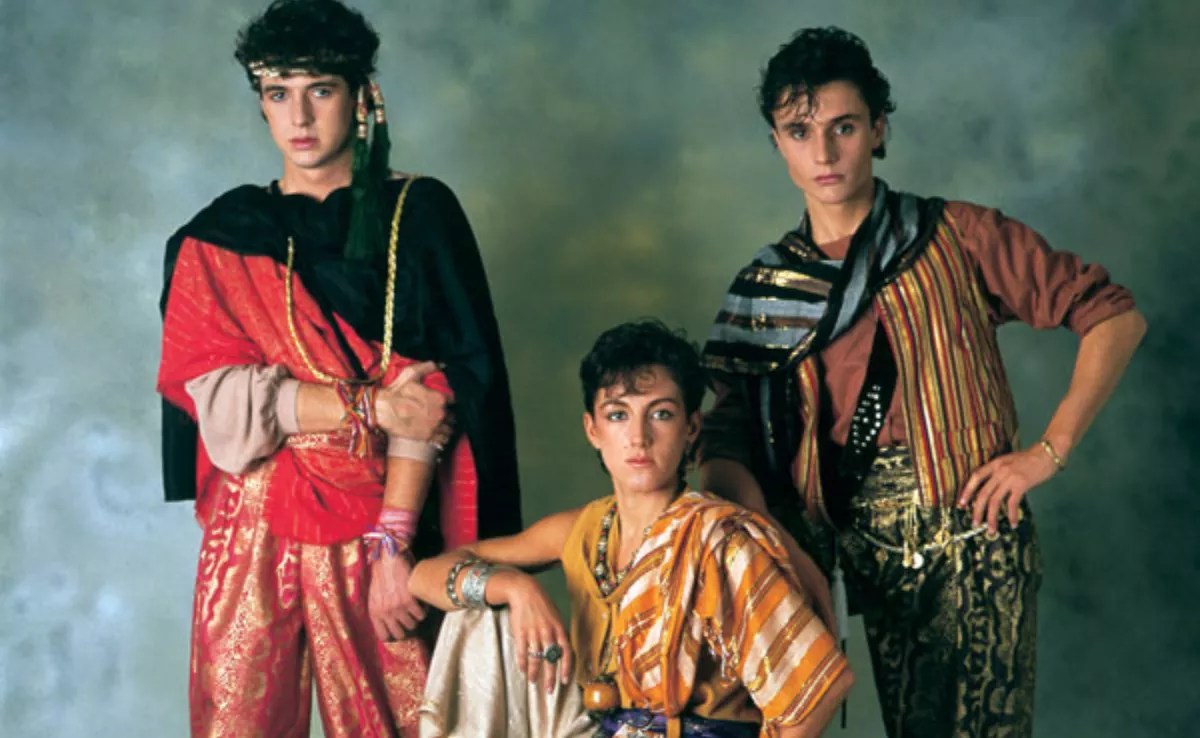Santa Cruz de Tenerife 17 Mar. (Europa Press) –
The Association for the Preservation of Canarian Biodiversity (ACBC) is urging the Cabildo de Tenerife to halt the construction works taking place in Atogo, Granadilla de Abona, for the development of the Tenerife engine circuit, expressing its “strong disapproval” of this initiative.
“The initiative involves creating an infrastructure with questionable economic feasibility and significant environmental repercussions during both the construction and operational phases, which will adversely impact several protected or endangered species, such as the Alcaraván, the Milengrana Tenerife, and the fine llanta,” states the ACBC in a press release.
According to the association, “the images circulating on social media highlight the extent of land alterations and the devastation occurring in the areas where work is underway.”
Furthermore, they remark, “once again, we are witnessing the harm and degradation that such interventions inflict on the landscape, biodiversity, and cultural heritage across numerous parts of the island, with the concerning fact that this time, it is the Cabildo de Tenerife itself promoting the project.”
In that regard, they add that “substantial amounts of funds from the public purse are being invested in facilities and their related access routes, ignoring the fact that this new infrastructure will result in an irreversible transformation of a territory that possesses values deserving of protection.”
The association warns that the ongoing reduction of natural habitats poses a “serious threat” to various species, particularly steppe birds, and points out that a “worrying” case is the Alcaravan (Burhinus oedicnemus), classified as ‘vulnerable’ in the Spanish catalogue of threatened species.
Likewise, two endemic plant species, the Milengrana Tenerife (hernia canariensis) and the fine llanta (Plantago asphodeloides), with confirmed presence are threatened, both of which are included in the Canarian catalogue of protected species under the ‘Special Protection’ category.
“In light of the current circumstances and the various crises we are facing, such as declared climate emergencies, the alarming loss of biodiversity and pollution from untreated wastewater being discharged into the sea, as well as the escalating challenges faced by our islands,” concludes the ACBC.
















